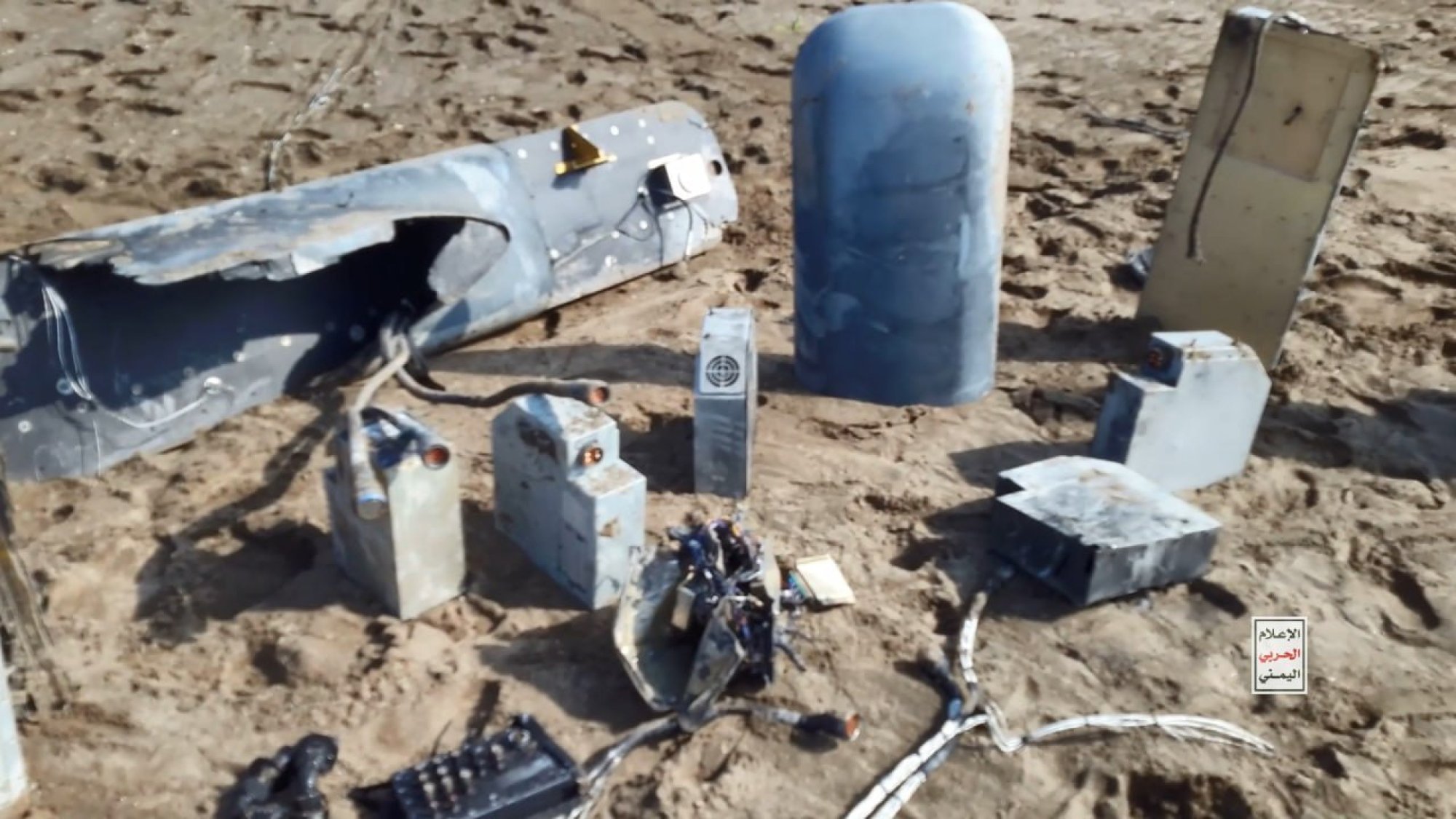Red Sea crisis: 3 underwater data cables cut as Yemen’s Houthis claim latest ship strike
While global shipping has already been disrupted through the Red Sea, a crucial route for cargo and energy shipments from Asia and the Middle East to Europe, the sabotage of telecommunication lines could further escalate the months-long crisis.

The cut lines include Asia-Africa-Europe 1, the Europe India Gateway, Seacom and TGN-Gulf, Hong Kong-based HGC Global Communications said.
It described the cuts as affecting 25 per cent of the traffic flowing through the Red Sea. It described the Red Sea route as crucial for data moving from Asia to Europe and said it had begun re-routing traffic.
China walks a fine line in the Red Sea. Will its diplomatic mission succeed?
HGC Global Communications described the Seacom-TGN-Gulf line as being two separate cables when it is actually one at the area of the cut, according to Tim Stronge, a subsea cable expert with TeleGeography, a Washington-based telecommunications market research company.
Responding to questions from Associated Press, Seacom said that “initial testing indicates the affected segment lies within Yemeni maritime jurisdictions in the Southern Red Sea”. It said it was re-routing the traffic that it was able to change, though some services were down.
Tata Communications, part of the Indian conglomerate and behind the Seacom-TGN-Gulf line, said that it “initiated immediate and appropriate remedial actions” after the line was cut.
“We invest in various cable consortiums to increase our diversity and hence in such situations of a cable cut or snag, we are able to automatically reroute our services,” Tata said.
Other firms behind those lines, which provide data to Africa, Asia and the Middle East, didn’t respond to AP’s queries.
In early February, Yemen’s internationally recognised government in exile alleged that the Houthis planned to attack the cables.

The lines appeared to have been cut on February 24, with the organisation NetBlocks noticing internet access in the East African nation of Djibouti suffering from interruptions two days later. Seacom serves Djibouti.
But for their part, the Houthis have denied targeting the cables. The rebels blamed the disruptions on British and US military operations, but didn’t offer evidence to support the allegation and have made false claims in the past.
Since November, the rebels have repeatedly targeted ships in the Red Sea and surrounding waters over the Israel-Gaza war. Those vessels have included at least one with cargo bound for Iran, the Houthis’ main benefactor, and an aid ship later bound for Houthi-controlled territory.
Red Sea faces ‘environmental disaster’ as sunk cargo ship spills oil, fertiliser
Despite more than a month and a half of US-led air strikes, Houthi rebels have remained capable of launching significant attacks.
The Houthis insist their attacks will continue until Israel stops its combat operations in the Gaza Strip, which have enraged the wider Arab world and seen the Houthis gain international recognition.
Meanwhile, the British military’s United Kingdom Maritime Trade Operations centre on Monday separately warned of a new attack in the Gulf of Aden.
The private security firm Ambrey described the vessel targeted as a Liberia-flagged, Israel-affiliated container ship that sustained damage and issued a distress call.
“The container ship reportedly encountered two explosions of which the first occurred at a ‘distance’ off its port quarter, while the second damaged the vessel’s accommodation block and a container leading,” Ambrey said. “The explosion further led to a fire onboard and the crew’s firefighting efforts were under way.”
Ambrey and the UKMTO said no crew member on the ship had been injured in the blaze, which was extinguished several hours later.
Brigadier General Yahya Saree, a Houthi military spokesman, claimed the attack in a pre-recorded statement.
He identified the ship as the MSC Sky II, sailing for the Switzerland-based firm Mediterranean Shipping Co, but sought to link the vessel to Israel. The ship’s details and last-known location corresponded to details about the attack.

The Houthis “will continue to prevent Israeli navigation or those heading to the ports of occupied Palestine until the aggression is stopped and the siege on the Palestinian people in the Gaza Strip is lifted,” Saree said.
The US Navy’s 5th Fleet, which patrols the Middle East, and MSC didn’t respond to questions about the attack.
It remains unclear how the Houthis could attack subsea cables themselves. The rebels aren’t known to have the diving or salvage capability to target the lines, which sit hundreds of metres below the surface of the waterway.
However, subsea cables can be cut by anchors, including those dropped from some of the ships that have been disabled in attacks. A drifting ship with its anchor scraping the sea could be the culprit.
Houthis to step up Red Sea strikes, use ‘submarine weapons’, leader says
“Our team thinks it is plausible that it could have been affected by anchor dragging, due to the amount of marine traffic the region deals with and the low seabed in many parts of the Red Sea,” Seacom said. “This can only be confirmed once the repair ship is on site.”
There are 14 cables now running through the Red Sea, with another six planned, said Stronge, the subsea cable expert.
“We estimate that over 90 per cent of communications between Europe and Asia traverse submarine cables in the Red Sea,” he said. “Fortunately, telecom operators have built a high degree of redundancy into the system – there are many cables traversing the Red Sea.”
The Houthis later warned any cable-laying ship entering Yemeni waters needed a permit from the rebels “out of concern for its safety”.
Additional reporting by Agence France-Presse